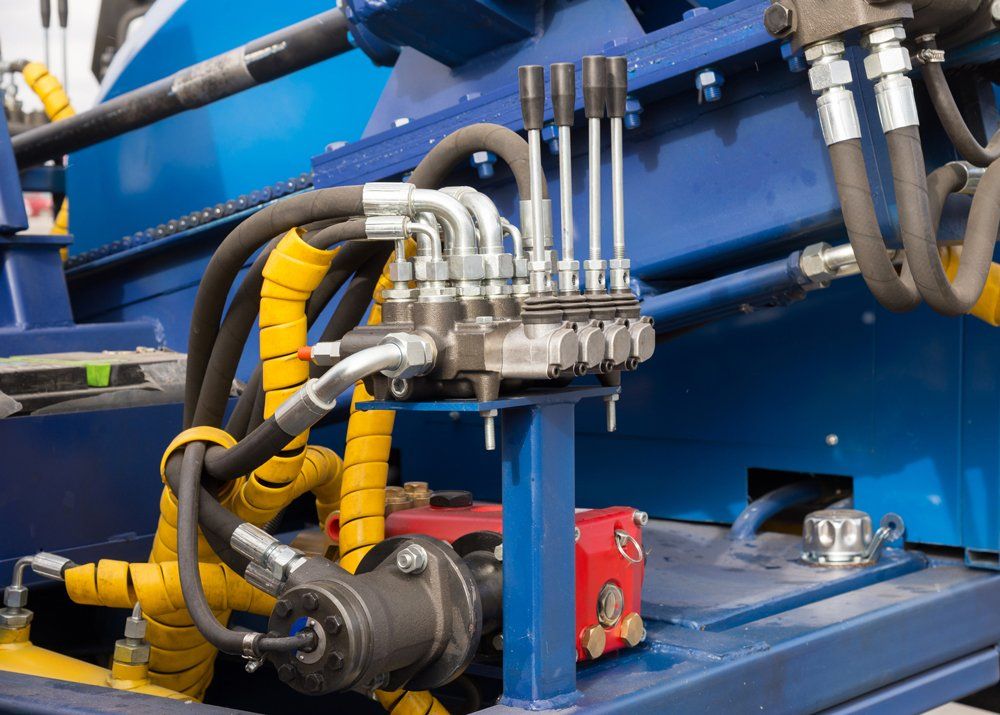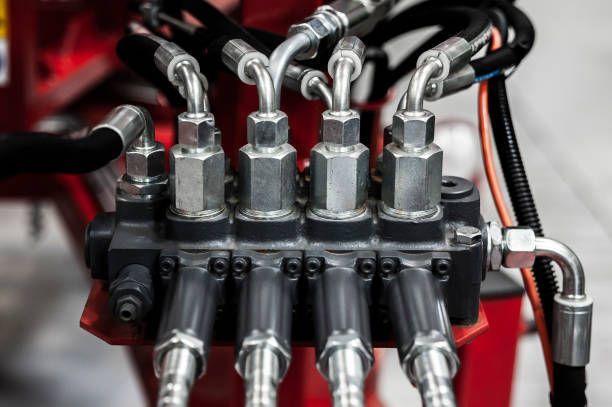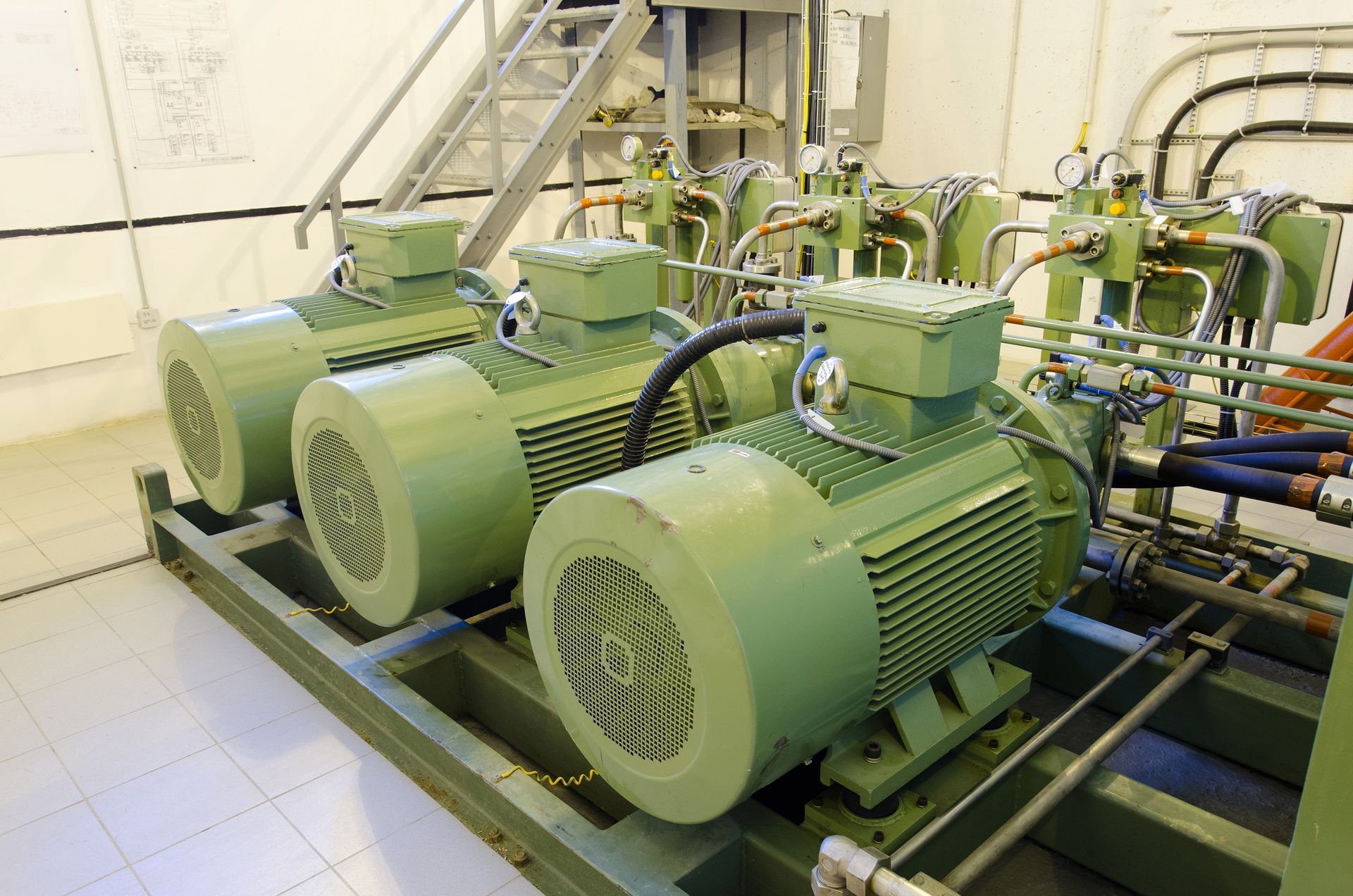Your Choice of Hydraulic Fluid: 3 Things to Consider
Hydraulic fluid should protect your hydraulic equipment against rust, friction, and oxidation effects. Different types of fluid have different properties. The differences make each type of hydraulic oil suitable for a specific application.
Characteristics such as water resistance, viscosity, and heat dissipation are critical aspects that determine the hydraulic fluid performance. Therefore, your choice of fluid needs to meet certain performance requirements of a specific application. You should also keep the operating conditions in mind to help you make the right decision.
But what major factors should influence your choice of hydraulic fluid?
1. Hydraulic Pump Design
The design of your hydraulic equipment could influence your decision when selecting a suitable fluid. The most common types of hydraulic pump designs include:
- Vane pumps. These pumps use rotary motion to ensure a constant fluid flow even with changing pressures. They can also operate with very little noise.
- Gear pumps. They use a system of interconnected gears to pump hydraulic fluid. Gear pumps work best for high-pressure operations.
- Piston pumps. They use mechanical distribution to create high amounts of pressure in the hydraulic fluid with minimal effort. Piston pumps are best suited for applications where high flow rates are a priority.
Generally, each type of pump has different performance requirements. More specifically, viscosity and lubrication needs may differ from one pump to another.
For instance, vane pumps would require you to use a hydraulic fluid with a viscosity of between 14 to 160 centistokes. While these pumps have superior fluid flow volumes, maintenance can be quite costly because they wear out much quicker.
Piston pumps, on the other hand, require fluid with a viscosity of about 10 to 160 centistokes. Your choice of hydraulic fluid should meet this requirement for the best performance and protection.
Keep in mind that gear pumps are more flexible and can work with a wide fluid viscosity range.
2. Type of Application
The system application is critical in your choice of hydraulic fluid. Not only does the right fluid increase the system's efficiency, but it also extends the life of your equipment.
You may need to first identify what stands out about a specific application before you settle on a fluid type. For instance, a garbage truck is likely to be out in the open for long periods. Rain, debris, and other contaminants are likely to affect the reliability of the fluid in its hydraulic system. Additionally, hydraulic fluid may leak out from the truck's hydraulic system over time.
In such a case, you may do well with a less expensive hydraulic fluid instead of going for the most expensive choice in the market. The cost of refilling the fluid every now and then can quickly add up. Therefore, you may want to invest in a more affordable fluid to spread out your maintenance costs.
Similarly, if the hydraulic pump system runs in a clean and heavy-duty environment (where maintenance is critical), a more premium choice of fluid would be ideal. Still, the viscosity may be an additional requirement to keep in mind.
Most times, a high-grade fully synthetic fluid should suffice. Such fluids may have superior thermal properties, critical to your application.
3. OEM Recommendations
Sometimes, your Original Equipment Manufacturer (OEM) may suggest a specific type of hydraulic fluid for your hydraulic equipment. Oftentimes, the recommended fluid is a proven choice that guarantees the best performance.
Additionally, the warranty agreement may limit your options to only the OEM's choice of fluid. If so, you may want to go by the specifications to protect yourself from any losses in the future.
If you're still unsure of the right type of hydraulic pump fluid to use for your equipment, reach out to Quad Fluid Dynamics, Inc., today.



